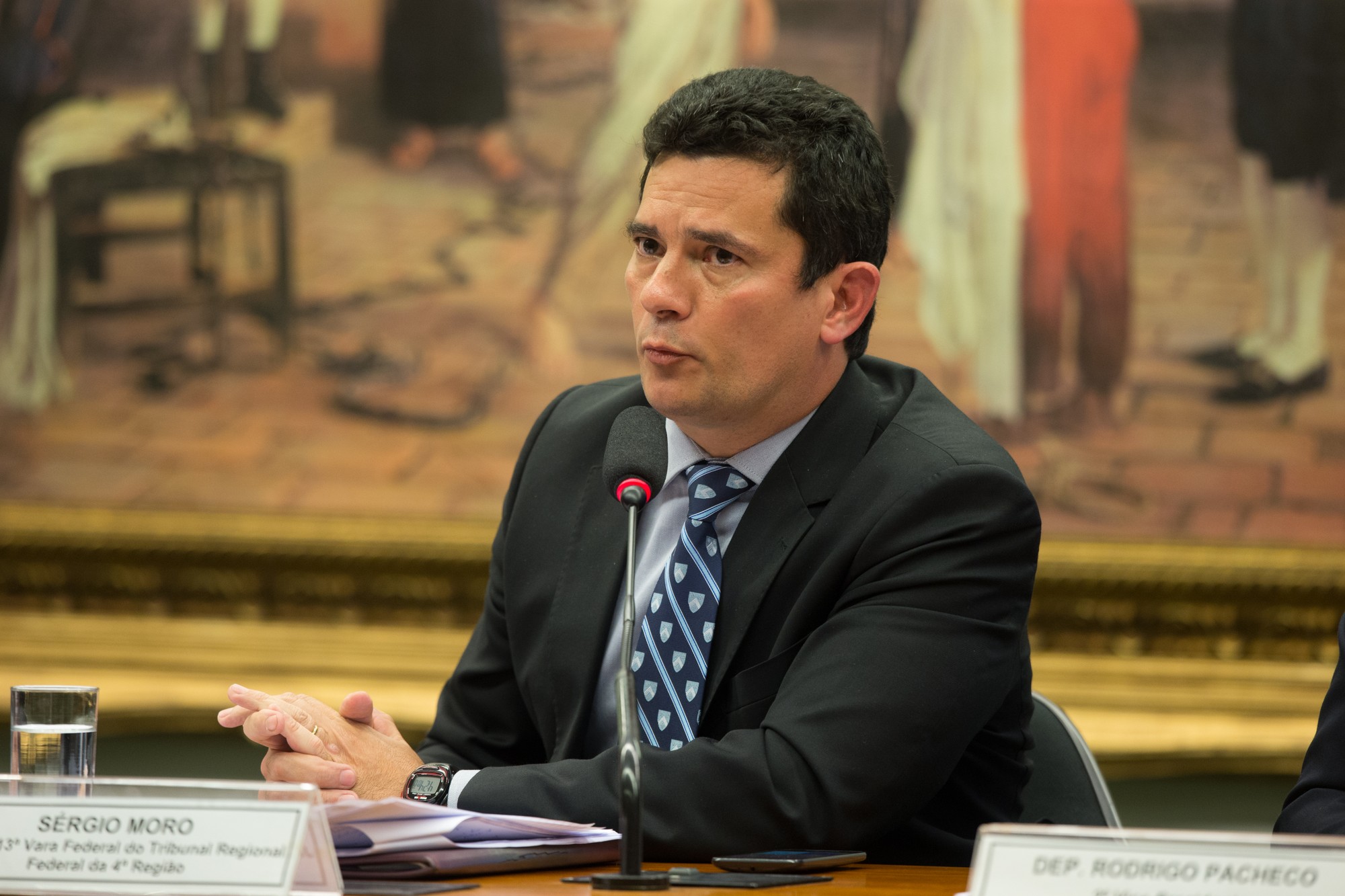On the first day of the year, after months of meetings and debates between party leaders, Congress passed the American Taxpayer Relief Act of 2012 in a last-ditch effort to avert the fiscal cliff.
Had an agreement not been reached, the fiscal cliff would have resulted in large spending cuts and tax increases at the federal level in an attempt to reduce the national deficit. The causes of the fiscal cliff were the expiration of the Bush-era tax cuts and the Budget Control Act of 2011 going into effect.
Many economists, including Federal Reserve Chairman Ben Bernanke, feared that this would throw the recovering United States into an even deeper recession marked by higher tax rates, decreased spending and an increase in unemployment.
The Senate voted to pass the bill by a margin of 89-8 in the early hours of the New Year with support from both Democrats and Republicans. The bill then passed the House of Representatives despite the fact that the majority of Republicans opposed the bill. Barack Obama signed the bill into law the next day.
The bill serves as a temporary fix for the U.S. economy rather than a permanent one, as Congress will need to resolve the larger issues facing the American economy, namely, the annual deficit and the increasing national debt.
The future of Social Security and Medicare must also be evaluated because these services cannot be sustained indefinitely at the current rate.
Kenneth White, a KSU political science and criminal justice professor, describes the fiscal cliff resolution as a “kick-the- can-down-the-road approach.”
“It seems to me that the
‘fiscal cliff’is the product of partisanship,” White said. “Democrats and Republicans seem unable to find common ground on domestic economic issues. That’s too bad, because as the downgrade of America’s credit last year shows, the failure of the parties to find common ground has consequences.”
Kennesaw State economics Professor Don Sabbarese said the fiscal cliff is a result of Congress’ inability to deal with four years of $1 trillion dollar- plus deficits.
“It is only one piece of the difficult economic problems facing the U.S. economy,” Sabbarese said. “We are currently approaching a $16.5 trillion dollar debt and we are currently borrowing over 40 cents of every dollar we spend at the federal level.”
Congress postponed debates over federal spending cuts, but Americans will have to pay 2 percent more in payroll taxes. The payroll tax rate was lowered in 2011 in an effort to boost the economy, but that rate expired at the beginning of this year. According to CNN, those making $30,000 annually can expect to take home about $50 less each month.
Additionally, individuals making more than $400,000 and couples making more than $450,000 will be taxed at a higher rate. President Obama campaigned on the promise of increasing taxes for those making more than $250,000 but was met with resistance by congressional Republicans.
“Increased tax revenue from the recent higher marginal tax rates only produces an (?) estimated $55-60 billion in additional annual revenue, which falls well short of the $1 trillion dollar deficits,” Sabbarese said. “The federal government needs to evaluate its programs to reduce duplication of services and remove programs that are ineffective.”
Spending cuts at the federal level could result in less funding for higher education. Fewer Pell Grants and student loans could negatively impact the enrollment of students who rely on financial aid to help pay tuition.
“The university runs on state funds and tuition,”White said.
“A cut at the federal level might impact the number of students who can only afford tuition by taking out loans. Fewer students paying tuition would likely mean less funding from the state.”
Sabbarese said that although Georgia’s revenue is growing, government spending is growing at an even faster rate and “the state will be forced to make up the differences for these expenditures by limiting the growth rate of spending on higher education.”
This could also have an adverse effect on teachers’ salaries at KSU, which Sabbarese says have been frozen since the recession began in 2008.
Debates between congressional Democrats and Republicans will intensify in the weeks and months to come as both sides look to decrease the national deficit by cutting spending and increasing taxes.



